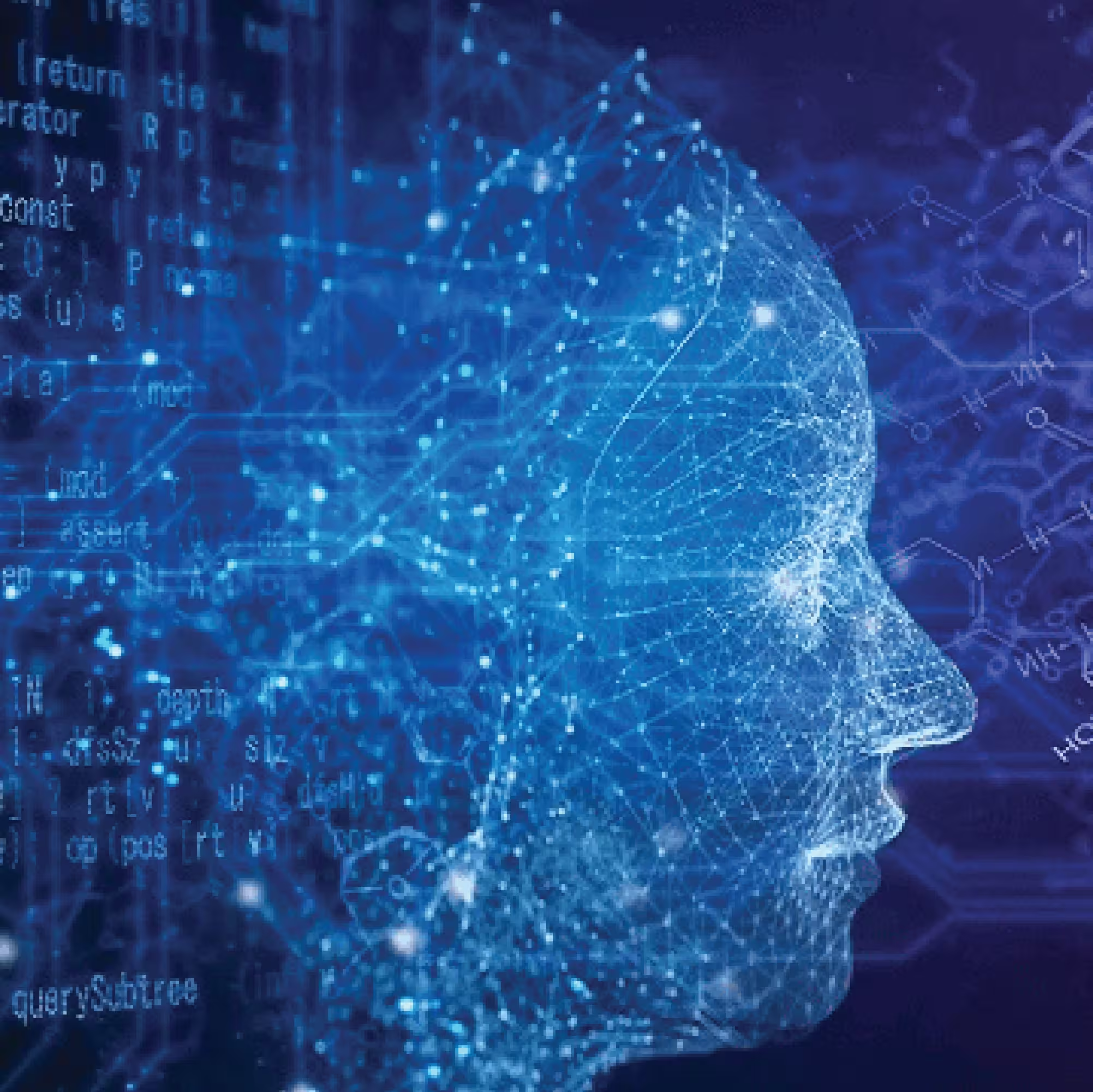The Future of Artificial Intelligence in the Field of Programming
Programming and Artificial Intelligence
Artificial intelligence (AI) is transforming the face of programming and software development in a profound way. With advancements in machine learning and neural networks, it is now possible to enhance the efficiency of the development process, reduce errors, and provide innovative solutions to traditional programming problems. Here is a look at how AI will impact the future of programming: 1. Automated Code Generation One of the most significant impacts of AI in programming is the ability to develop code automatically. Tools like GitHub Copilot use AI to suggest and improve the code written by developers. These tools rely on analyzing vast amounts of open-source code to offer intelligent and accurate suggestions, increasing the speed and efficiency of development. 2. Error Analysis and Correction AI technologies can analyze programming errors and provide solutions to fix them faster than traditional methods. Intelligent systems can identify common errors and offer recommendations for fixing them, reducing the time developers spend on debugging and increasing software quality. 3. Machine Learning for Performance Improvement By using machine learning, software can analyze its performance and provide recommendations for improvement. For example, AI can analyze application performance and identify weaknesses that cause slowdowns or inefficient resource usage, offering solutions to enhance efficiency. 4. Automated Software Testing Software testing is a crucial part of the development process but can be time-consuming. Using AI, the software testing process can be automated more efficiently. Intelligent systems can generate test cases automatically, detect bugs, and ensure that the software works as expected before its release. 5. Analysis of Software Requirements AI can help analyze software requirements and identify potential challenges before the development process begins. Intelligent systems can analyze requirement documents and provide recommendations to improve architectural design and highlight areas that may need more attention. 6. Customizing and Developing User Interfaces (UI) User interface development can benefit greatly from AI. Intelligent systems can analyze user interactions with current interfaces and provide recommendations for designing more effective and attractive interfaces. AI can also generate new designs based on best practices and user behavior analysis. 7. Cybersecurity in Programming AI can enhance the security of software by early detection of security vulnerabilities. AI systems can analyze code for potential vulnerabilities and provide recommendations to fix them before they can be exploited. These systems can also monitor suspicious activities in runtime environments and trigger alerts for quick intervention. 8. Natural Language Processing (NLP) Natural language processing technologies enable developers to write code in natural language. Intelligent systems can interpret commands written in human language and convert them into programming code. This makes it easier for developers to handle programming languages and reduces the barrier of technical language. 9. Collaborative Development AI can enhance collaboration among development teams by analyzing contributions from members and providing recommendations for more effective task distribution. Intelligent systems can also offer suggestions to improve coordination between teams and reduce code conflicts. Conclusion AI promises a revolution in the field of programming, contributing to improved efficiency, reduced errors, and innovative solutions. As advancements in this field continue, intelligent tools will become an integral part of the programming development process, helping developers achieve better results in less time. The key will be to leverage these technologies responsibly and ethically to ensure that the benefits are shared by all.
